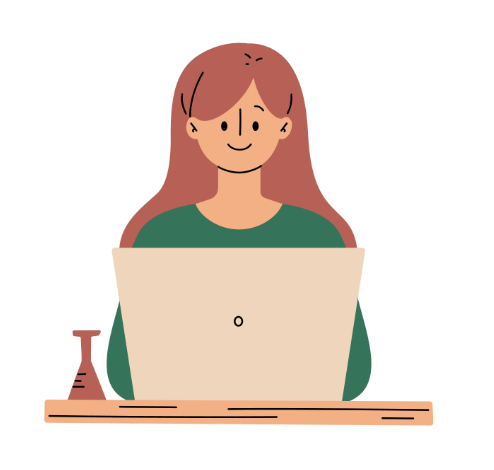https://people.com/grammys-2024-michael-cleveland-is-blind-mostly-deaf-up-against-willie-nelson-8553487
Monthly Archives: January 2024
TODAY is the last day of Early Registration for the 2024 EHDI Conference!
Register at ehdiconference.org/reg.cfm
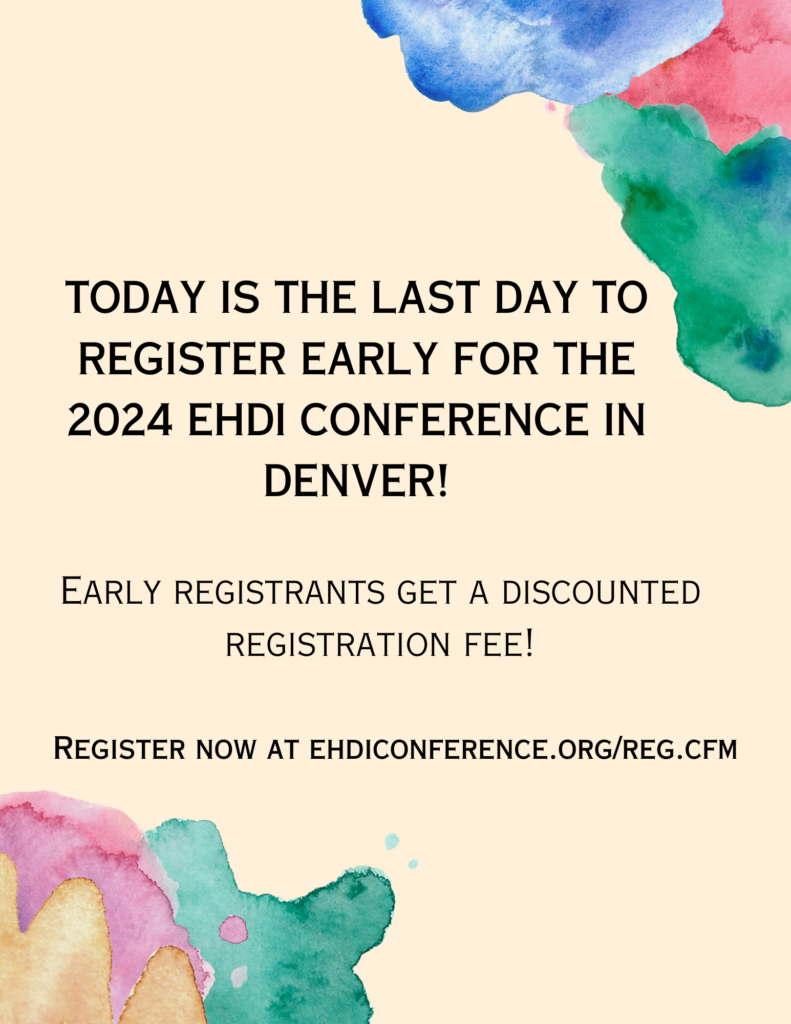
Check out “A Sign of Affection”, a new anime film that focuses on the experiences of its deaf protagonist.
Early registration for the 2024 EHDI Conference closes soon!
Be sure to register at ehdiconference.org/reg.cfm
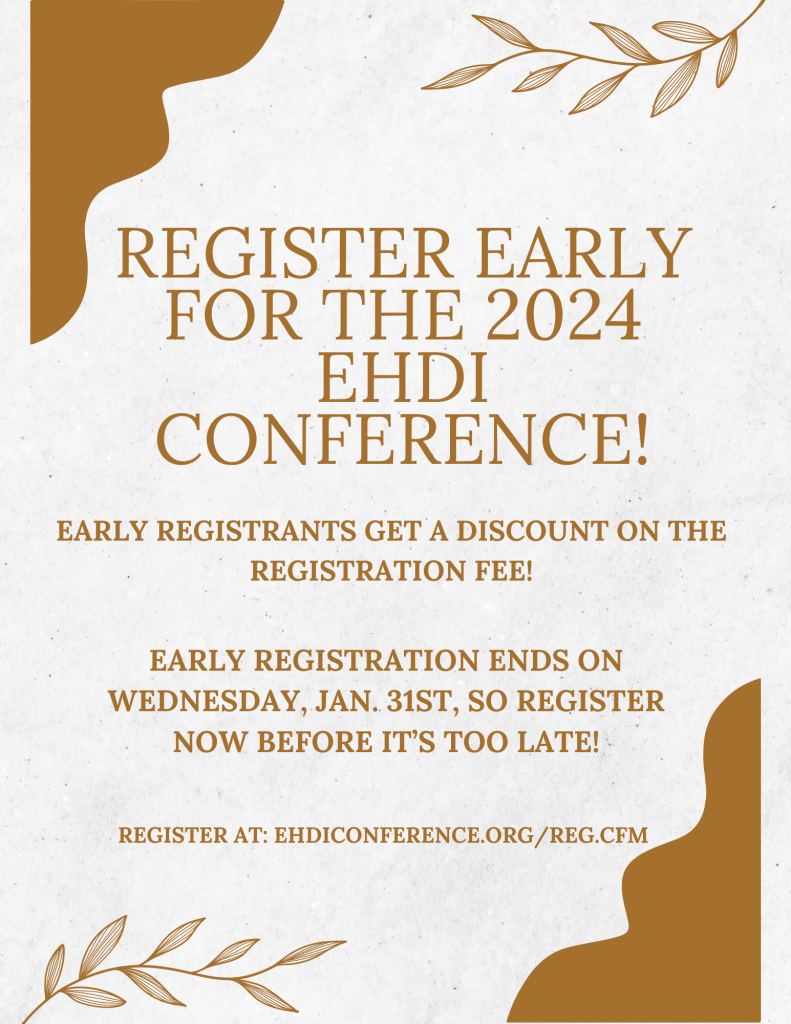
The Sound Check study, conducted by researchers at NORC at the University of Chicago and funded by the Centers for Disease Control and Prevention, found that nearly 38 million Americans—more than 1 in 9—suffer from some form of bilateral hearing loss. The rate increases to just under 1 in 7 for people ages 35 and older and 1 out of every 1.4 people ages 75 and older.
To view state and county rates of hearing loss, go to www.soundcheckmap.org. In addition to the data map, multiple resources are available on the website including posters and infographics for physicians’ offices, and briefs about hearing loss prevention and treatment.
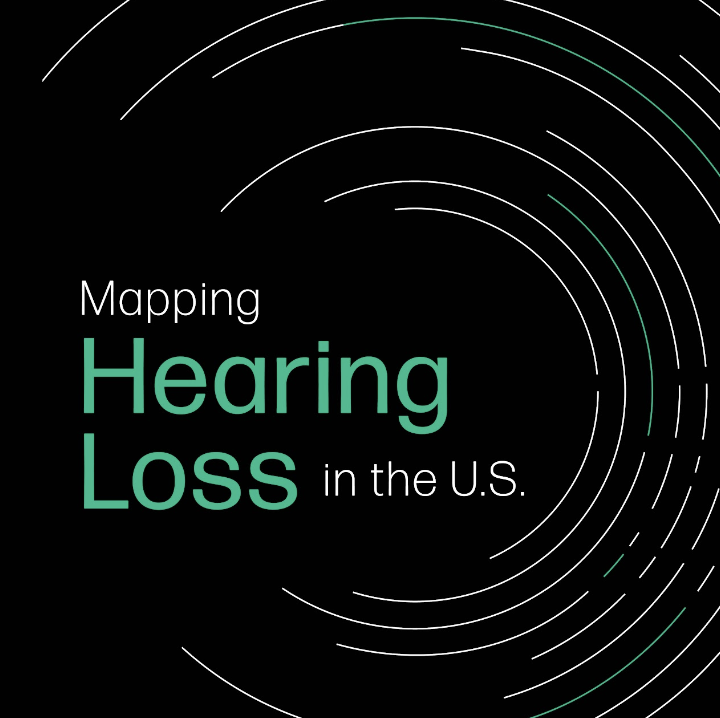
Friendly reminder to register for the 2024 EHDI Conference in Denver!
Registration is open at this link: https://www.ehdiconference.org/Reg.cfm
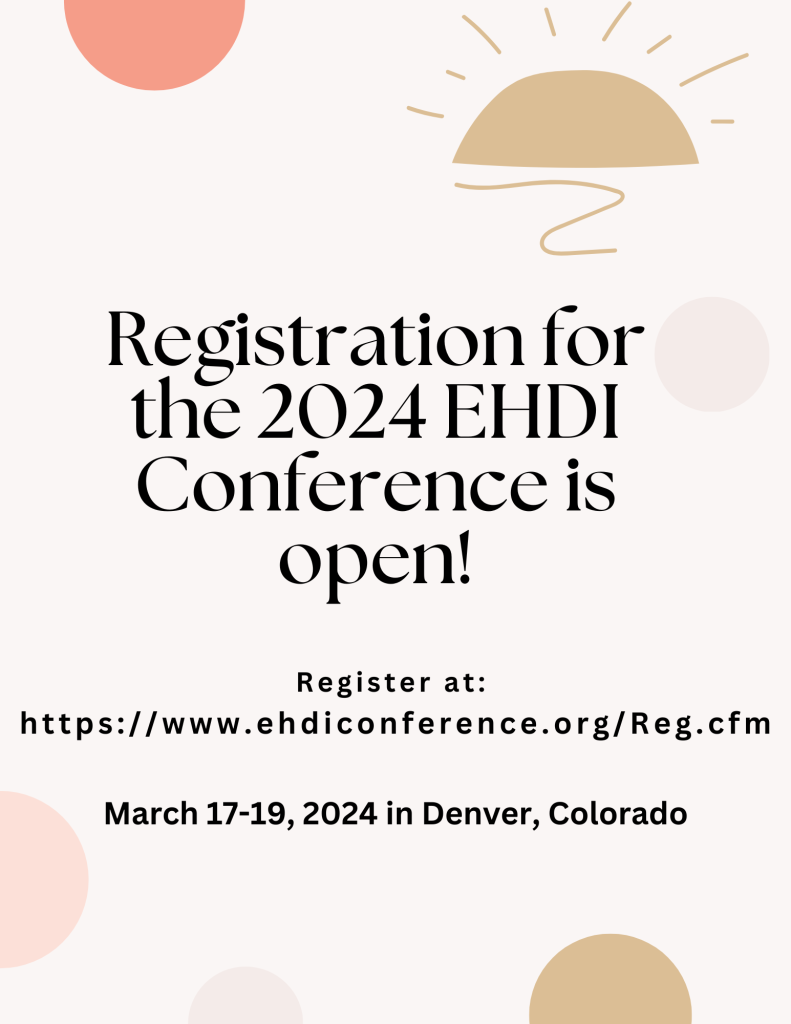
Join us on Thursday, Feb. 8th at 10am MST for a webinar entitled “Unilateral Is Not Uniform”.
Register at this link: https://usu.co1.qualtrics.com/jfe/form/SV_eLQh3rjWFOgu6JU
Webinar Description
Since the implementation of universal newborn hearing screening, the number of very young children diagnosed with hearing loss in just one ear has dramatically increased. However, the etiology, technology needs, and therapy requirements of each child can vary. In this session, five unique profiles of unilateral hearing loss will be discussed. Each profile is based on the etiology of hearing loss and will include a description of the amplification and habilitation for listening and spoken language that Sunshine Cottage School Parent Infant Program has adopted. Case studies of each profile will also be presented.
By the end of this session, participants will be able to:
Categorize unilateral hearing loss based on the five profiles presented.
Identify unique aspects of each profile of unilateral hearing loss and how they impact amplification and therapeutic needs.
Develop amplification and intervention plans for very young children with unilateral hearing loss based on the profiles presented.
Webinar Presenters:
Ana Sei: Ana Laura Sei graduated from The University of Texas at San Antonio with a degree in Interdisciplinary Studies; specializing in Bilingual Education. Growing up bilingual in a border town, she felt the necessity to maintain children’s native language and use it as an educational tool to foster second language acquisition. Shortly after earning her Bachelor’s degree, she pursued her Master’s Degree in Deaf Education and Hearing Sciences from The University of Texas Health Science Center at San Antonio, graduating in May 2012. She has been a part of Sunshine Cottage School for Deaf Children since August 2010, where she has worked as a graduate assistant, teacher assistant, and now serves families as a bilingual Parent Infant Advisor.
Logan Horner: Dr. Horner has been working as a licensed audiologist since 2009. She received her Bachelor’s of Science in Speech and Hearing Sciences in May of 2005 and her Doctorate of Audiology in May of 2009. Both of her degrees were from Texas Tech University Health Science Center. She is clinically certified by the American Speech-Language-Hearing Association. She first began her career at Sunshine Cottage as an audiology intern. After completion of her internship, she was blessed with being able to stay on as a full-time audiologist for eight years. In July of 2016, she decided to spread her professional wings and worked at a cochlear implant clinic in San Antonio. She enjoyed working with adults and children at this clinic, but her wings carried her back to Sunshine Cottage. Dr. Horner was humbly excited for the opportunity to return to Sunshine Cottage in July of 2017. She will provide the full range of diagnostic rehabilitative services, including Auditory Brainstem Response (ABR) testing for infants, Cochlear Implant assessments and mapping, Bone Anchored Hearing Aid assessment and programming, and traditional hearing aid programming. Dr. Horner is also an Adjunct Professor with the Deaf Education and Hearing Science Program in the School of Medicine at the UT Health-San Antonio. She feels privileged to help future deaf educators understand the intricacies of audiology. Dr. Horner truly feels blessed to be working with the families and staff of Sunshine Cottage. She believes walking alongside parents and children with hearing loss at Sunshine Cottage is a gift from above.
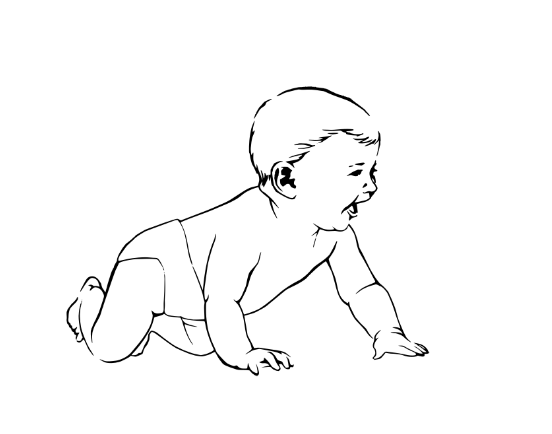
Nominations are invited for the Family Leadership in EHDI Programs to be presented at the 2024 National EHDI Conference in Denver, Colorado from March 15-17, 2024. This is the eighth year for this award and will honor a parent or family member of a child who is deaf or hard of hearing (DHH) for providing exemplary leadership in their state EHDI system. NCHAM’s Family Advisory Committee will review nominations and select the recipient. The award will be announced at the EHDI Conference.
Nominees must meet all of the following criteria:
1. Is a parent or family member of a child who is DHH
2. Is actively involved in their state’s EHDI system
3. Has made important contributions to EHDI-related policies, procedures, and/or improved services
Nominations must be sent to Laura Gramer at laura.gramer@wahandsandvoices.org by February 2, 2024 and include:
1. Nomination form
2. A 500-word essay that describes publications, policies or guidelines that improved the effectiveness of EHDI system, development and dissemination of educational materials, development and dissemination of effective public awareness campaigns, establishment of a successful family-to-family support program or other accomplishments that describe why this person should receive the Family Leadership Award. Please save the essay file with nominator’s initials (example: name: Eddie Dee- save file as “ED Nomination essay”).
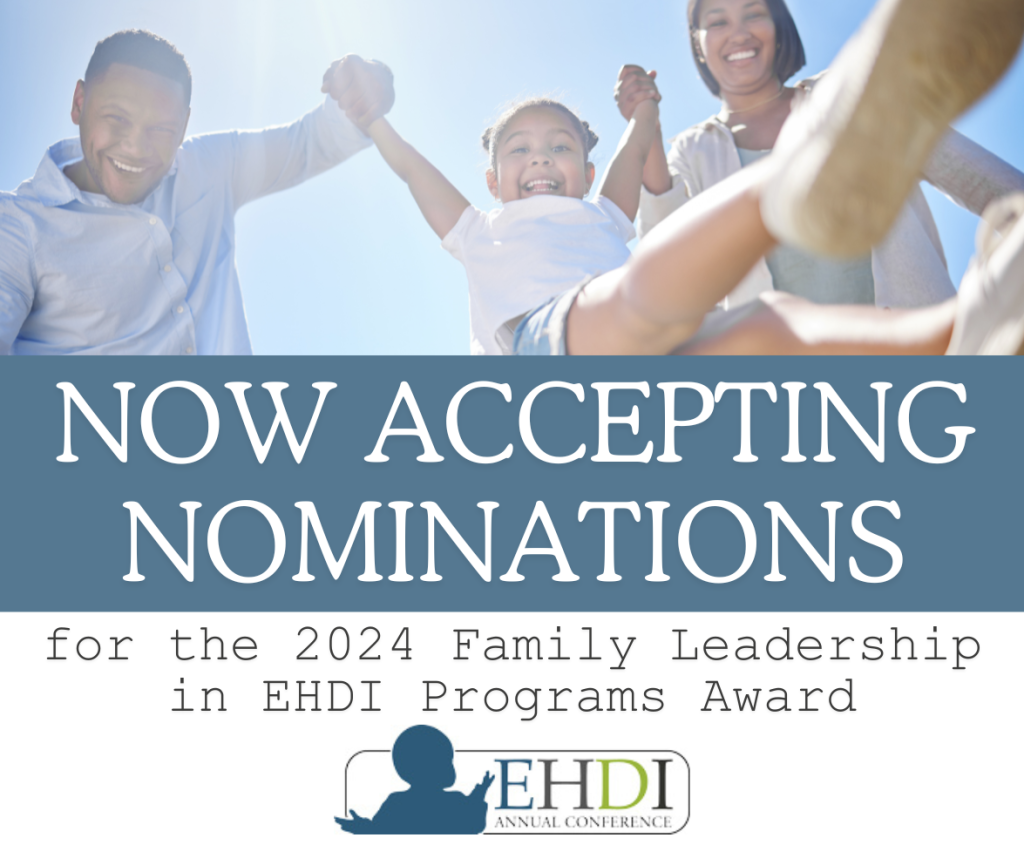
This past weekend, Frederick, MD hosted an artisan market that focuses on deaf and hard-of-hearing entrepreneurs!
Virtual Office Hours: Advancing Language Development in EHDI: Insights and Strategies
The American Academy of Pediatrics Early Hearing Detection and Intervention (EHDI) program is hosting a 4-part series of virtual office hours. Each office hour will include a recorded didactic presentation which can viewed at any time, followed by a live Q/A with audience members. These office hours are primarily tailored to pediatric health care providers, but are open to all members of the EHDI community. Join us for real-time technical assistance on key EHDI topics. Our first session explores the role of pediatric clinicians in fostering language acquisition for infants who are deaf or hard of hearing (D/HH). Discover effective strategies, dispel myths, and address ableism for informed shared decision-making. All are welcome to participate!
Access the recording and slides at this link: https://aap.webex.com/webappng/sites/aap/meeting/register/b26e45170aa7435dabbe65b0928fd14a?ticket=4832534b0000000690203c8f5d68f14b28535a5debe8e4b4b1a9deaf114f6dcc89a2179d3c14bed7×tamp=1705697068033&RGID=r3a97f55674bd929acc4ae11267720cc7
Register to join a live Q/A on February 2nd at this link: https://players.brightcove.net/6056665225001/default_default/index.html?videoId=6345123616112
Feel free to share any questions you may have on this topic with our faculty in advance through the registration form. Don’t miss this chance to contribute to optimal language outcomes for children who are D/HH.
Upcoming virtual office hours topics include:
⭐ EHDI 101: Tips for the Primary Care Medical Home Clinician
⭐Tips to Connect Families/Caregivers of Children who are Deaf or Hard of ⭐Hearing to Community Resources
⭐Addressing a Developmental Emergency: How to Communicate a Sense of Urgency and What’s Next for a Child who Does not Pass Their Initial Hearing Screening
